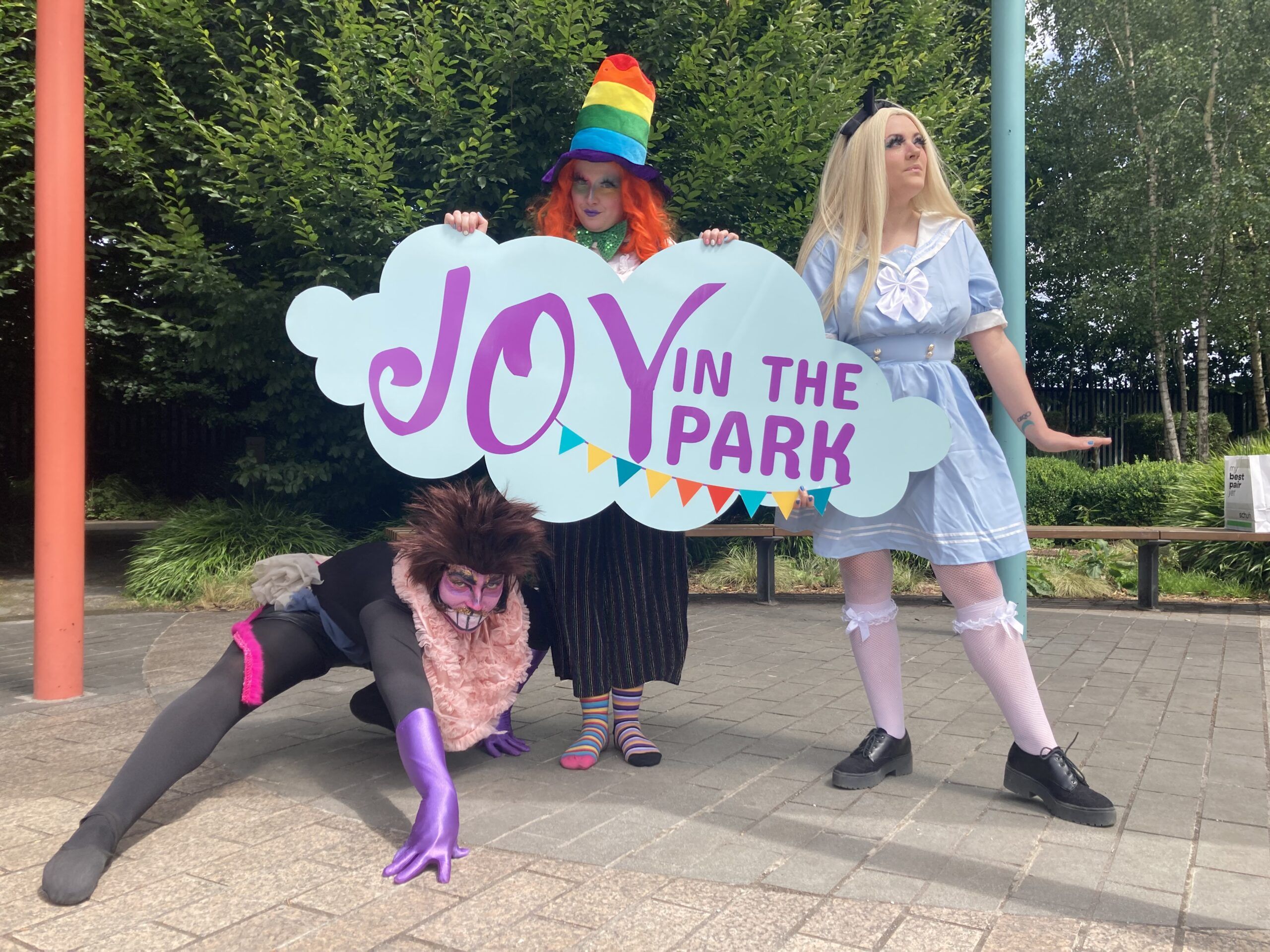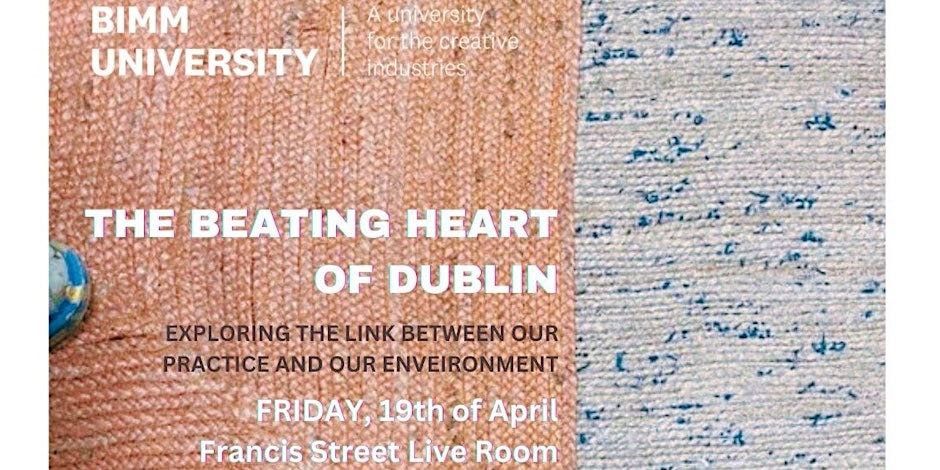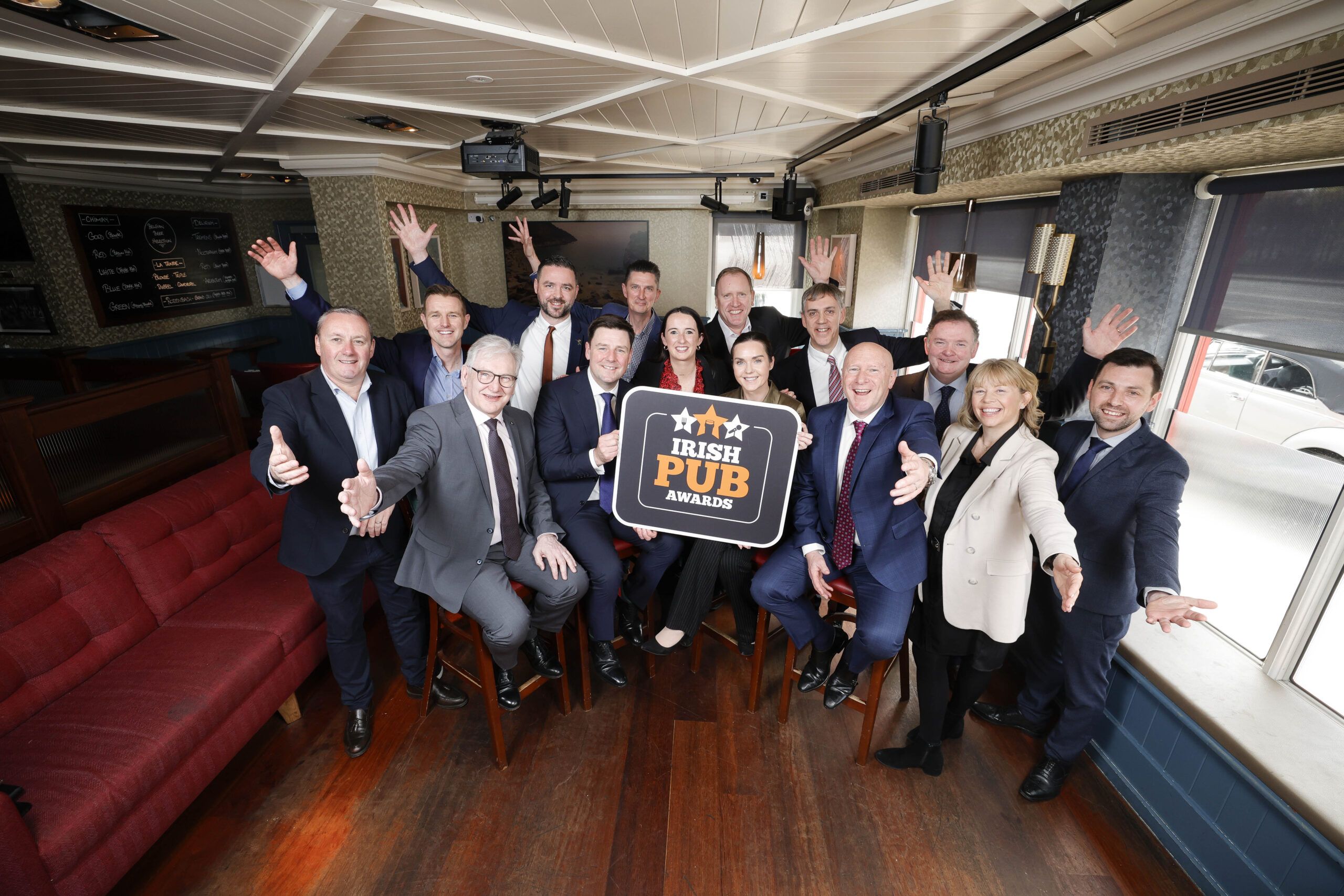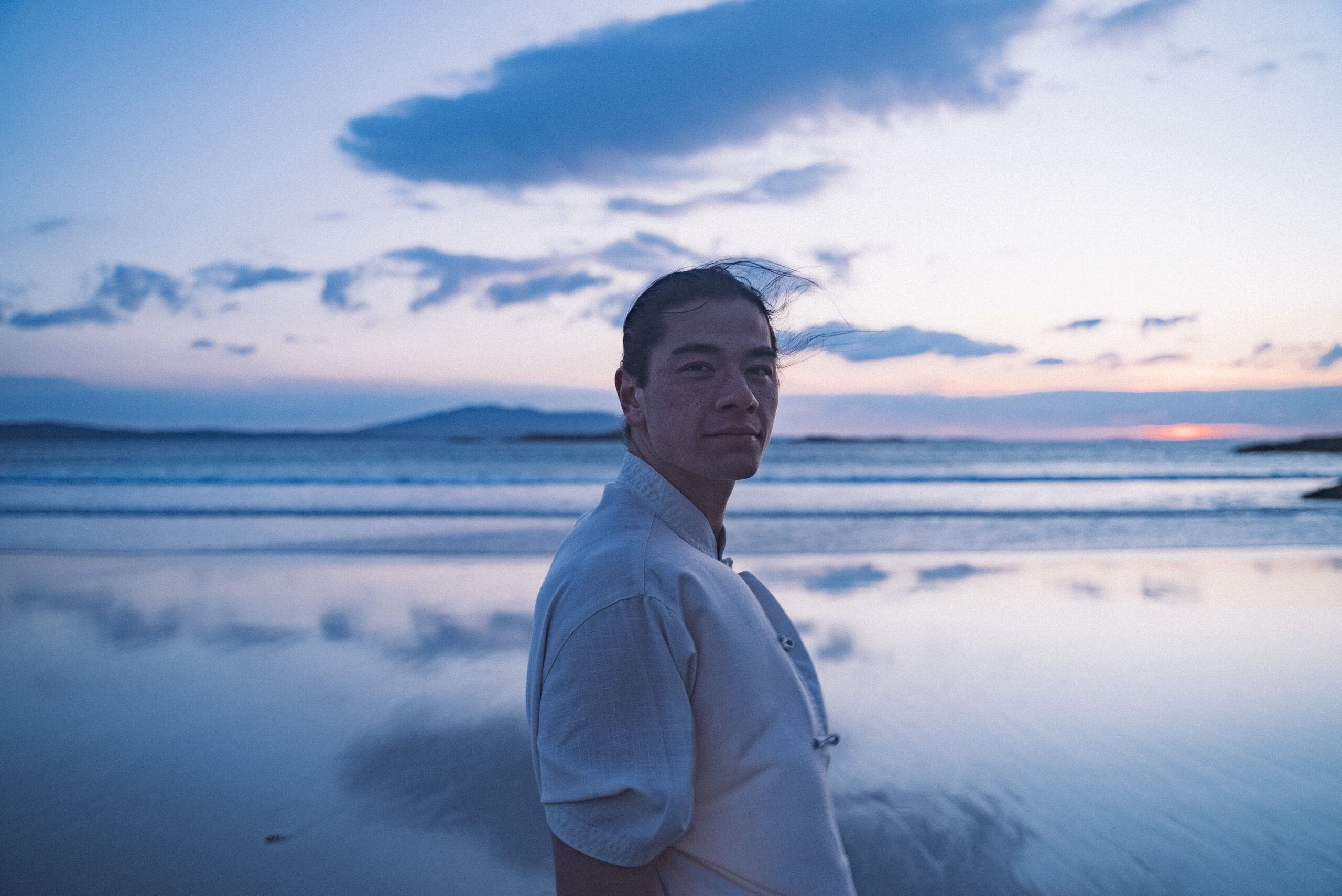World Creators Summit Washington | Day 2 Summary | Wednesday June 5
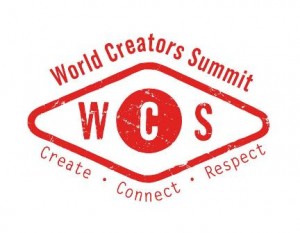 The 2013 World Creators Summit continued on Wednesday, June 5, with a packed schedule of keynotes, speeches, panels, and presentations at the Ronald Reagan Building and International Trade Center in Washington, D.C. The fourth biennial event, organized by CISAC (the International Confederation of Societies of Authors and Composers) and supported by numerous organizations around the world, is the leading international and cross-industry forum addressing the future of copyright, the creative community, and the entertainment business in the digital economy.
The 2013 World Creators Summit continued on Wednesday, June 5, with a packed schedule of keynotes, speeches, panels, and presentations at the Ronald Reagan Building and International Trade Center in Washington, D.C. The fourth biennial event, organized by CISAC (the International Confederation of Societies of Authors and Composers) and supported by numerous organizations around the world, is the leading international and cross-industry forum addressing the future of copyright, the creative community, and the entertainment business in the digital economy.
CISAC also announced the launch of LINK, a new multi-repertoire creators’ forum that met for the first time on Tuesday, June 4. Made up of artists from across all of CISAC’s represented creative disciplines (music, drama, literature, audio-visual and visual arts), LINK will facilitate and enhance the communication and understanding between the creative community, collective management societies, and decision makers. As a multi-repertoire independent creators’ strategic think-tank, LINK will serve to unite the voice of creators and to ensure the flow of information between CISAC leadership, the global creative community, and ultimately policy makers whose decisions directly affect artists’ livelihood.
Day 2 speakers delved deeply into a variety of topics with significant stakes for the creative community, including digital IP and copyright, collective management, digital anti-piracy initiatives, the resale royalty right, licensing hubs, the Global Repertoire Database (GRD), the relationship between copyright and innovation, public policies for the arts, and more.
Javed Akhtar, one of the most successful multi-platform creators from India; Susana Baca, a singer-songwriter and former Minister of Culture for Peru ; Ana de Hollanda, a singer-songwriter and former Minister of Culture for Brazil; and Jerrold Nadler, a member of the U.S. House of Representatives (New York – 10th district), all participated in the “What Public Policies for the Arts” keynote conversation, examining the ways that legislation can help creators and highlighting key examples.
Eric Baptiste, Chair of CISAC’s Governance Committee and CEO of SOCAN, delivered the Collective Management for the 21st Century keynote, in which he offered his thoughts on the radical changes collective rights management societies have gone through in the wake of the digital era. “Our collective management organisations have risen to the challenges created by the new worldwide integrated players by improving the quality and transparency of our operations, thanks in part to CISAC’s Binding Resolutions and Professional Rules,” he said. “To skeptics and politicians around the world, I say we’ve been very diligent and unlike other industries we’ve been confronting our issues. … Before imposing binding rules on us, look at what CISAC is already doing.”
Jean-Michel Jarre, a French electronic music pioneer, took part in keynote conversation “Creators in the 21st Century,” where he explained why it is important for creators to fight for authors’ rights, respect for their works, fair remuneration, and the freedom to create. “A smartphone is much less smart if you get rid of music, films, images, words, news and all the rest of our content,” he said. “We are responsible for the smart part of smart phones and that should be taken into consideration.”
In his keynote, titled “Protecting Intellectual Property and Copyright in the Digital Age,” John Morton, Director of U.S. Immigration and Customs Enforcement, explained why he believes copyright must be protected by citing the Constitution. “The debate around intellectual property enforcement, particularly online, often centers around another part of our Constitution, which is the first amendment, and the right to free expression,” he said. “The truth of the matter is that right is tremendously important, and one we all share. [But] the right to protection for your works was written in the Constitution before that, and is equally important and equally as much of the great document that forms the backbone of our collective experiences as Americans.”
Having gotten the Summit started with a speech on Tuesday, June 4, it was only fitting that Kenth Muldin, Chairman of the CISAC Board of Directors, would close it as well. “I leave the Summit with three important messages: We need to continue to listen to creators – they do not have necessarily all the answers (that’s our job) – but they ask the right questions and the more we hear their voices the better we can answer their needs. Secondly, we, as authors’ societies and rights holders, need to continue to connect with the actors of the digital economy. Third, as collective rights management organizations, we are not only relevant but we are part of the solution.”
Mark Mulligan, Analyst at MIDiA Consulting, presented the findings of research that identified five major structural copyright challenges that demand urgent attention: rights fragmentation, rights competition, data transparency and cleanliness, lengthy rights negotiations, and rights evaluation. To address the flaws of the digital market, the report offered nine different solutions for rights holders and digital platforms: rights owner investments, phased licensing models, beta-licenses, licensing hubs, licensing portals, systems and data, cooperation and dialogue, new models of rights owners, collective licensing, and collective licensing. Mulligan also moderated the “Copyright + Innovation = Growth?” panel and “The Copyright and Innovation Conversation – Time for ‘Détente’?”
Paul Williams, one of America’s most acclaimed songwriters as well as President and Chairman of the Board at ASCAP, encouraged creators to stand up for their rights and demand stronger copyright laws during his fiery keynote “The Creators’ Perspective.” Beginning his speech by stating, “I am a songwriter, I am not a content provider,” Williams emphasized that “Intellectual property rights are a cornerstone of democracy. As a citizen, creator and consumer, I should have a reasonable expectation that I live in a society where thieves and outlaws are not allowed to run rampant, even when they’re operating in cyberspace.”
Trisha Ziff, an independent documentary filmmaker, presented the trailer for her new film “Pirate Copy : A Road Trip Through Pirateria,” which shows the diverse points of view related to copyright, during her presentation “Piracy: The Vision of a Creator.” She explained that her first film looked at the iconic image of Che Guevara that appears frequently on t-shirts and posters. “This is perhaps the most pirated image in the world.” Her experience sensitized Ziff to the issue of piracy, so she started exploring pirate marketplaces in Mexico with other independent filmmakers, and what she saw fascinated her and made her want to explore the topic futher.
The agenda also included:
– “Collective Management for the 21st Century – Transparency, Governance and Member Services”
– “Collective Management for the 21st Century – Access to Data and Exchange of Information”
– “Collective Management for the 21st Century – Online Licensing”
– “Collective Management for the 21st Century – Discussion with the Audience”
– “Collective vs. Direct Licensing”
– “Digital Anti-Piracy Initiatives – What Works Best?”
– “Resale Royalty Right – Painting a Global Picture?”
– “Navigating Through Licensing Hubs”
– “Re-Connecting with the Digital Narrative”
– “A Guide to the GRD”
– “Wrapping the World Creators Summit – The Expert Views”
– “Wrapping the World Creators Summit – The Creators Views”
In total, more than 140 speakers addressed over 750 delegates from 75+ countries during the Summit.
Photos, videos, and blog entries are continually updated at www.creatorssummit.com/category/news.
- Follow the conversation on Twitter: @WCS_2013 #WCS13.
- For the full conference programme, click here.
- Photos have been posted in the Gallery section at http://gallery.cisac.org/index.php/2013-World-Creators-Summit.
Latest News
Music Creators
- Affinity Schemes
- Join IMRO
- Benefits of IMRO Membership
- IMRO Mobile App
- Members’ Handbook
- About Copyright
- Royalty Distribution Schedule
- IMRO Distribution Policies
- Competitions & Opportunities
- Travel Grant Form
- Irish Radio & Useful Contacts
- Other Music Bodies in Ireland
- Affinity Schemes
- Music Creator FAQs
- International Partners
- International Touring Guide
Music Users
- Do I Need a Licence?
- Sign Up for a Music Licence
- Pay Your Licence Online
- IMRO and PPI Tariffs
- Dual Music Licence Explained
- Music Licences for Businesses
- Music Licences for Live Events
- Music Licences for Broadcast & Online
- Music licences for Recorded Media
- Music Services B2B
- Music User FAQs
- What’s Your Soundtrack Campaign
- Terms & Conditions for IMRO Events Voucher Competition
- Cookie Policy
- Privacy Statement
- Disclaimer
- www.imro.ie
- Terms & Conditions
- © IMRO 2024
- Registered Number: 133321
Please select login
For Songwriters & Publishers
For Business Owners
